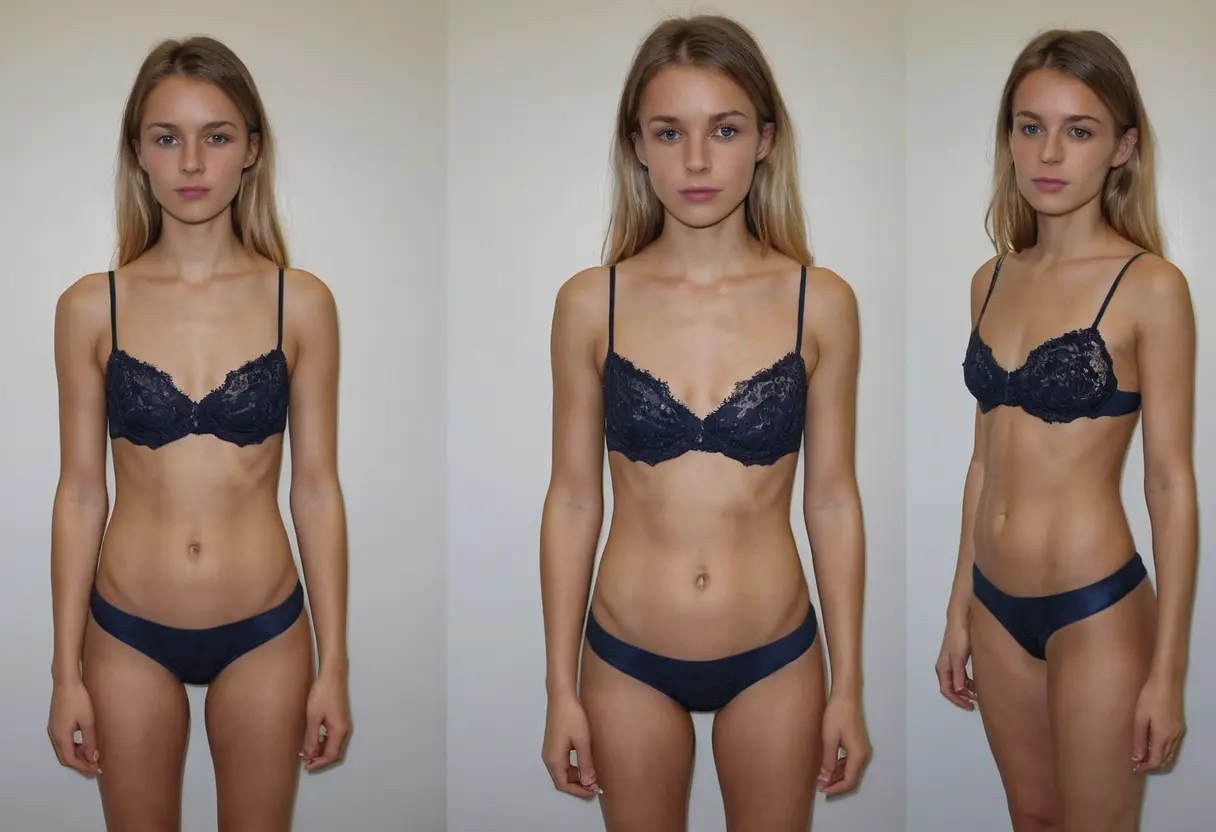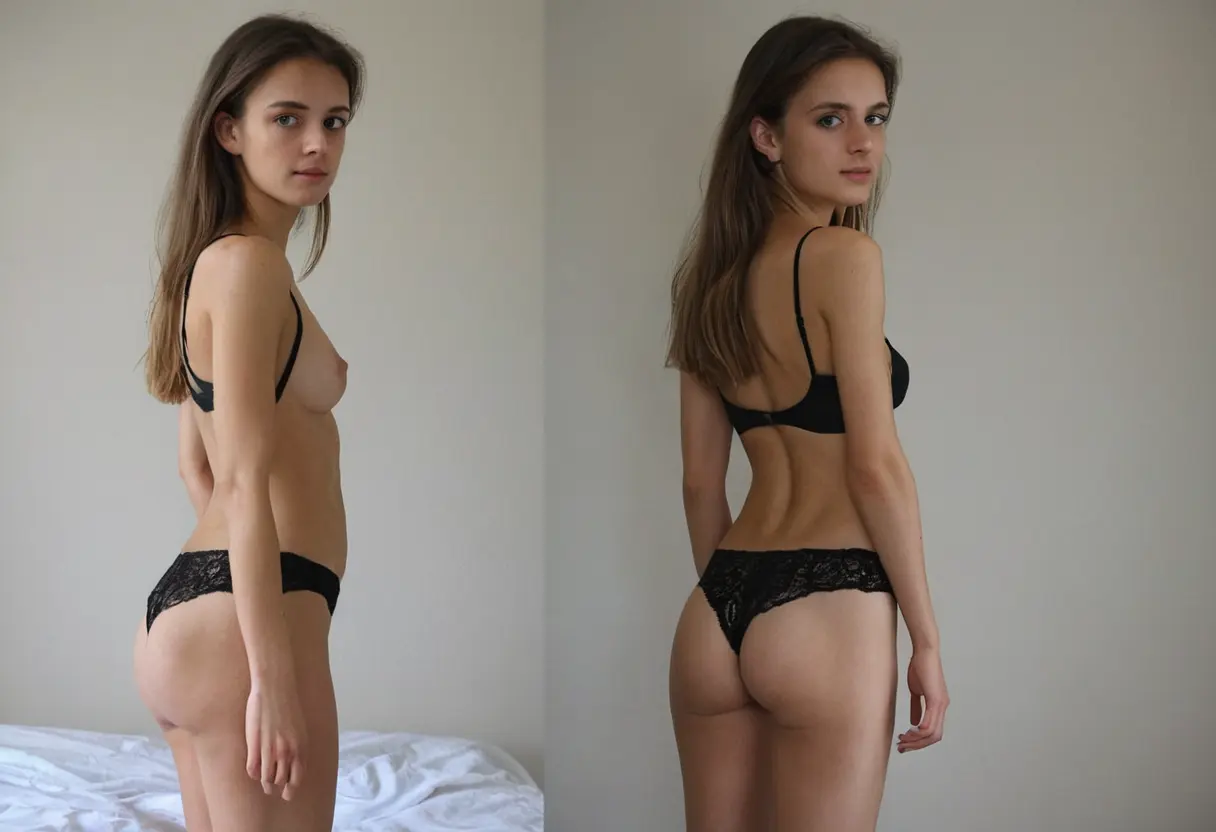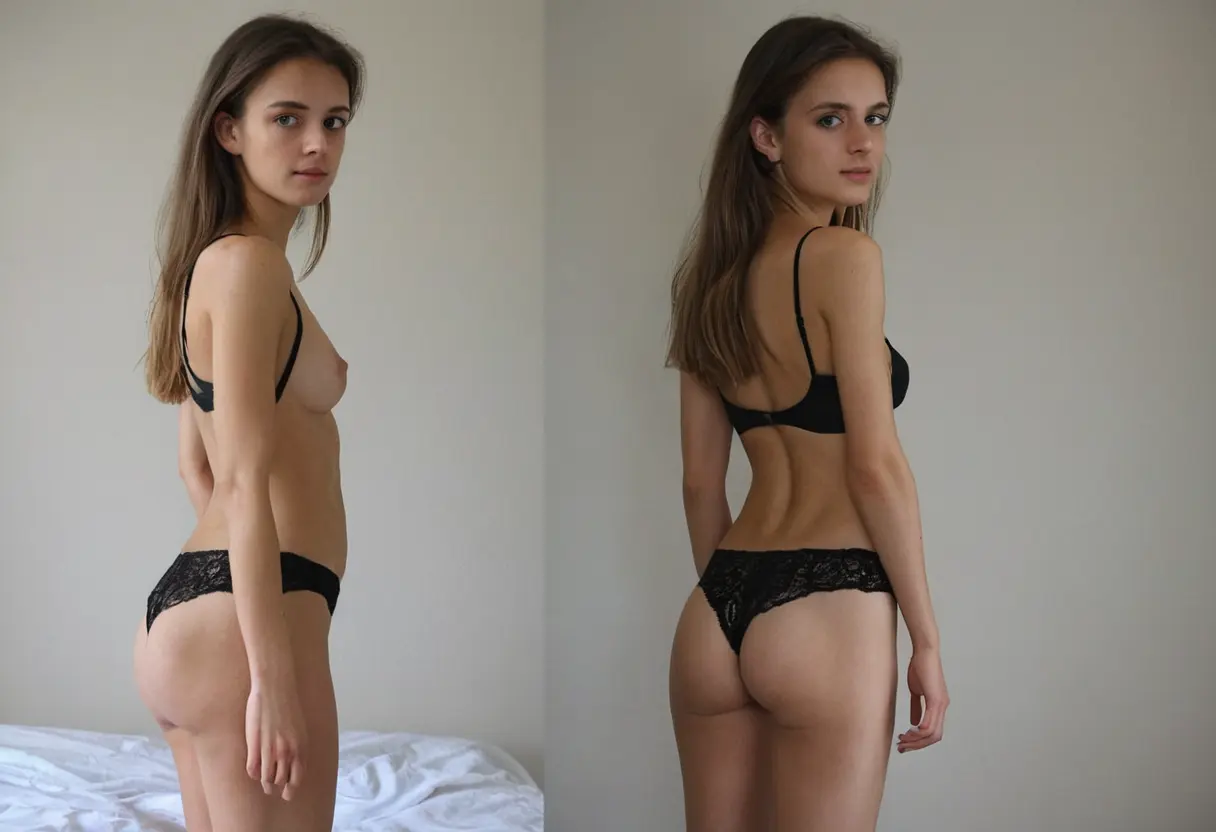Artificial Intelligence (AI) has made remarkable progress in various industries over the past few years, and one of the most intriguing applications has been in the field of image generation. Nude image generation, while a controversial topic, is one area where AI technology has garnered significant attention. AI algorithms, particularly those related to generative adversarial networks (GANs), have been used to create realistic images from scratch. This technology has evolved quickly, with AI systems able to generate photorealistic images, including those of human figures in various forms. However, this raises important ethical, legal, and societal questions, making it essential to explore the potential, challenges, and implications of AI in this domain. In this article, we will delve into the future of AI technology for nude image generation, examining the latest advancements, potential applications, and the ethical considerations surrounding it.
Generative Adversarial Networks (GANs) have been at the forefront of AI-driven image generation. GANs consist of two neural networks: a generator that creates new images, and a discriminator that evaluates their authenticity. These networks work together to refine the images until the generated content is almost indistinguishable from real-world photographs. When applied to nude image generation, GANs are capable of producing highly realistic human figures, including intricate details of skin texture, body proportions, and lighting effects.

The capability of GANs has expanded rapidly, thanks to advancements in training techniques and dataset availability. The more data an AI system has access to, the better it becomes at generating realistic images. This has raised questions about how these technologies might be used, whether for creative purposes, in adult content, or even for malicious activities such as creating deepfakes.

While the technology behind AI-generated nude images is often discussed in the context of adult entertainment, it has several other applications, both positive and negative. These applications include:

One of the most significant challenges associated with AI-generated nude images is the ethical and legal implications. As AI becomes more adept at creating realistic human figures, it becomes easier to produce images that could harm individuals’ reputations or be used inappropriately. The concept of consent is a crucial issue, as AI technology can create images of people without their knowledge or permission.
In addition to concerns about privacy and consent, there are legal challenges regarding the distribution of AI-generated explicit content. Many countries have laws regulating pornography, but these laws are often ill-equipped to address the complexities of AI-created images. For example, deepfake images and videos may not be easily distinguishable from real content, making it difficult to enforce existing laws on non-consensual pornography.
Moreover, the creation of such content could be seen as a violation of intellectual property rights if images of famous personalities or public figures are generated without permission. Legal systems will need to evolve to address these emerging issues as AI technology continues to develop.
The widespread availability and use of AI-generated nude images could have a significant impact on society and human behavior. On one hand, it could democratize the creation of adult content, allowing for more personalized and varied experiences. On the other hand, it could further exacerbate existing issues related to body image, objectification, and unrealistic beauty standards.
The rise of AI-generated images also raises concerns about the erosion of trust in media and visual content. With deepfakes and AI-generated images becoming more convincing, it will become increasingly difficult to discern what is real from what is artificially created. This can contribute to the spread of misinformation and potentially undermine social trust.
As AI technology continues to advance, we can expect to see further improvements in the quality and accessibility of AI-generated images. Some potential future trends include:
AI technology for nude image generation is a powerful tool that has the potential to revolutionize various industries, from art and entertainment to fashion and virtual reality. However, it also presents a range of ethical, legal, and societal challenges that must be addressed. As AI continues to evolve, it is essential for policymakers, technology developers, and society as a whole to engage in open discussions about the responsible use of this technology. With the right safeguards in place, AI-generated nude images can be used creatively and ethically, but it will require a careful balancing of innovation with the protection of individual rights and social values.
copyright © 2023 powered by real undress ai sitemap